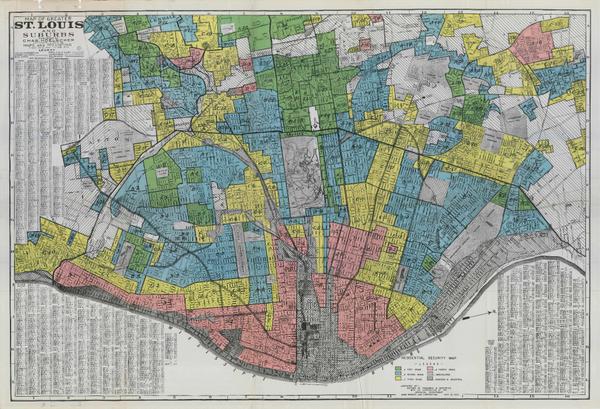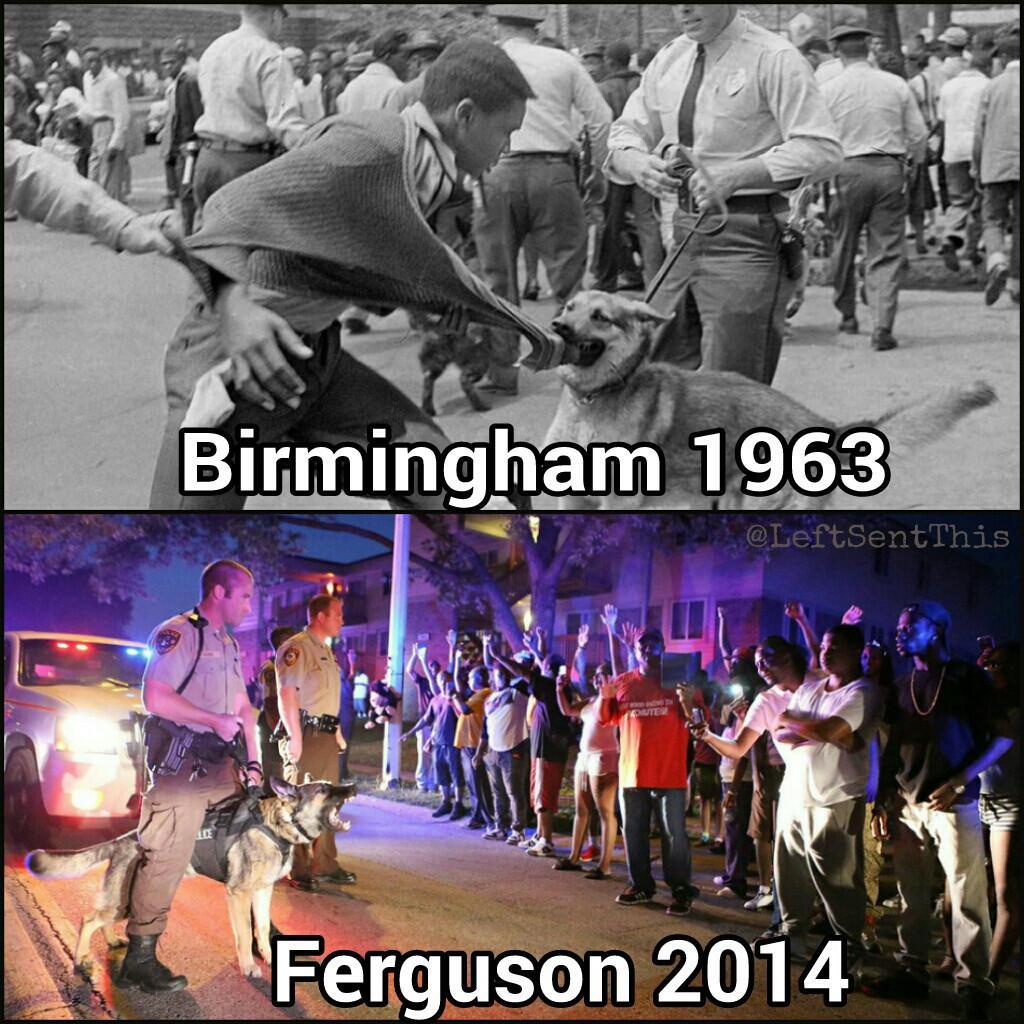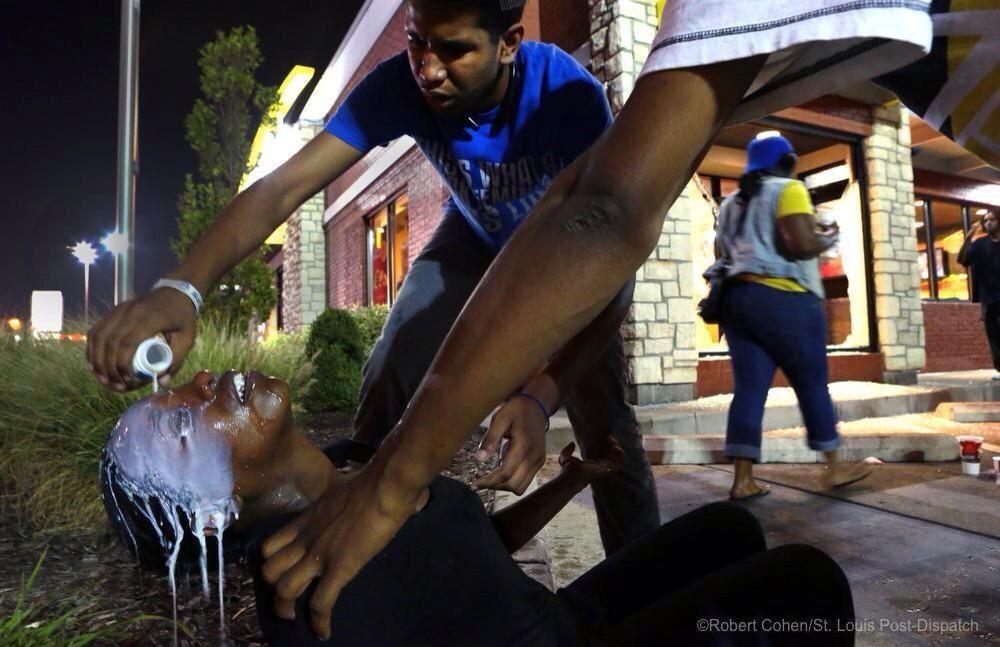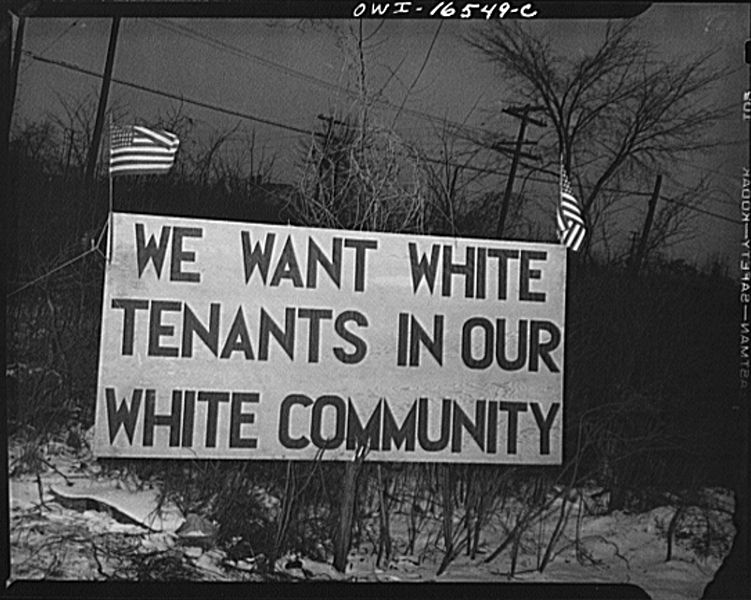 |
| Reflections from Brittany Browne |
As societal issues of the past seem to resurface themselves in the future (often times in a more formidable way) it is worthwhile to ask if the same institutions in the past that advocated for specific issues then are still relevant to speak out about those same issues now. Therefore, is the Church looking at the police brutality epidemic that continues to plague African-American communities around this country? If so, what are we saying about it and how are we taking action?
Long gone are the days where we can simply have comfortable discussion circles about social justice issues in the pews and not show action of our advocacy. In fact, advocacy without action is just “airing out opinions.” What we are continuously being exposed to as a nation is a resurface of racism and discrimination that appears to be masked as obedience to law enforcement. Perhaps, Michelle Alexander explained it best in her book, “The New Jim Crow: Mass Incarceration in the Age of Colorblindness” (see review here):
“History reveals that the seeds of the new system of control were planted well before the end of the Civil Rights Movement. A new race-neutral language was developed for appealing to old racist sentiments, a language accompanied by a political movement that succeeded in putting the vast majority of blacks back in their place. Proponents of racial hierarchy found they could install a new racial caste system without violating law or the new limits of acceptable political discourse, by demanding 'law and order' rather than 'segregation forever.'"
| Click to Enlarge |
As we see in the few examples set before us, this issue is not a new one. In fact, it is an old one that is resurfacing itself and reestablishing its new system of control. So, again, we ask, does the Church have any relevance in responding to this issue?
The Church has been a vital voice in the past for a variety of social justice issues that target the marginalized and underrepresented populations. However, this issue of police brutality in the African American community, specifically among African-American males, is not an issue where we can send a monetary check and tell the community to cash it in an effort to secure our part of upholding our faith. It is imperative that the Church in the 21st Century gets involved in these issues by first being “in tune” with these communities.
As a proponent of our faith, we are required by Micah 6:8 “to do justice, love kindness and walk humbly with our God.” This scripture can certainly be interpreted differently by others, but regardless of how one applies it to their individual lives, as a body the first thing this tells us is to “do justice.” It is our responsibility as believers to stand with and for those that are not being treated with justice. But, once we know that, then what? What’s next? The first approach is to look within. We as believers often have so many good intentions and then cause harm to one another unintentionally because we were not able to look within ourselves and see the racism that lies within us or the insecurity that keeps us comfortable.
Inevitably, there are issues that will arise in society that the Church will feel unequipped to participate in due to a lack of understanding of a particular racial, economic, or social situation. However, that has never stopped us in the past because our faith propelled forward beyond humiliation sometimes, beyond public scrutiny of ignorance at times as well. In order for the Church to remain relevant on these intricate issues, we must be willing more times than usual to take off our church clothes, put on street clothes and carry our crosses in our advocacy.
Support ongoing efforts in Ferguson, and seek out actions taking place in your own area as well.









